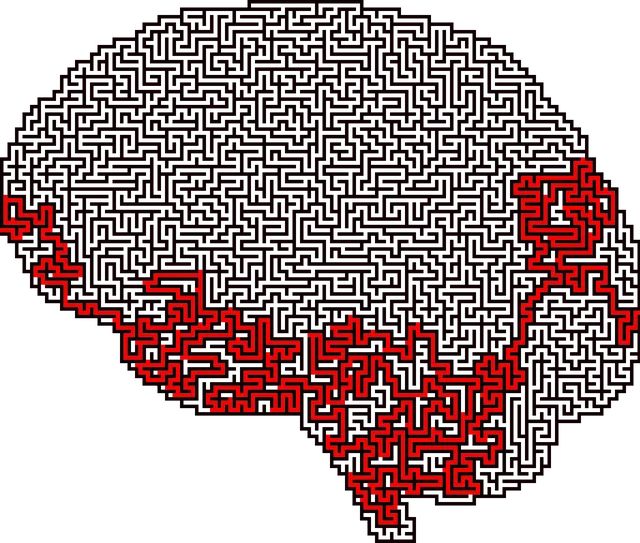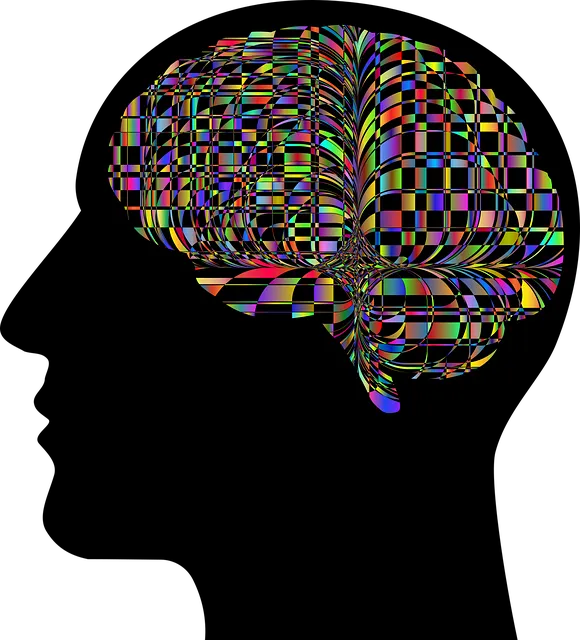Understanding Mental Health Data involves a meticulous process, from initial comprehensive assessments capturing symptoms, life nuances, and self-care practices, to extensive data preparation addressing missing values, outliers, and privacy protection. This ensures rich, meaningful data for accurate interpretation, guiding evidence-based interventions at institutions like Golden Kaiser mental health classes. Advanced techniques such as machine learning identify complex patterns in large datasets, enhancing diagnoses and personalized treatment plans. Effective communication of these findings to non-clinical stakeholders like policymakers and investors, using clear language, visual aids, and actionable steps, leads to improved access to quality care and positive mental health outcomes through data-driven decisions.
Mental health data analysis is a powerful tool in understanding and addressing societal well-being. This article delves into the intricacies of interpreting mental health data, guiding readers through the process from collection and preparation to advanced analysis techniques. We explore strategies for effective communication of results, highlighting the importance of accessible understanding. Leveraging insights gained from Golden Kaiser mental health classes, we offer practical advice for navigating complex data landscapes, ultimately aiming to enhance support for mental health initiatives.
- Understanding Mental Health Data: Collection and Preparation
- Advanced Analysis Techniques for Deeper Insights
- Interpreting Results: Strategies for Effective Communication
Understanding Mental Health Data: Collection and Preparation

Understanding Mental Health Data involves a meticulous process of collection and preparation, which is every bit as crucial as the analysis and interpretation that follows. At institutions like the Golden Kaiser mental health classes, data gathering begins with comprehensive assessments designed to capture not just symptoms but also the nuances of individuals’ lives—their Self-Care Practices, Social Skills Training, and Communication Strategies. This holistic approach ensures that the data collected is rich and meaningful, reflecting the complex interplay between psychological well-being and daily experiences.
The preparation phase includes cleaning and organizing the data to ensure its integrity and consistency. This involves handling missing values, identifying outliers, and standardizing formats. It’s during this stage that researchers or clinicians might also anonymize data to protect patient privacy while enabling analysis. Proper preparation allows for accurate interpretation, ensuring that insights derived from the data accurately reflect the mental health landscape and guide evidence-based interventions.
Advanced Analysis Techniques for Deeper Insights

In the realm of mental health data analysis, advanced techniques offer a golden opportunity to gain deeper insights and enhance patient care. Beyond basic statistical methods, tools like machine learning algorithms can uncover intricate patterns within vast datasets, enabling more precise diagnoses and personalized treatment plans. For instance, these technologies can identify subtle correlations between symptoms, demographic factors, and treatment outcomes, as demonstrated in the context of Golden Kaiser mental health classes.
By integrating advanced analysis techniques, healthcare providers can undergo valuable Cultural Competency Training, enhancing their Self-Awareness Exercises and Confidence Boosting. This not only improves the quality of care but also ensures that interventions are culturally sensitive and tailored to individual needs. The result is a more holistic approach to mental health management, where data-driven insights drive effective and compassionate treatment strategies.
Interpreting Results: Strategies for Effective Communication

When interpreting results from mental health data analysis, especially in the context of Golden Kaiser mental health classes, clear and effective communication strategies are paramount. This involves breaking down complex findings into understandable language tailored to the audience. For instance, for non-clinical stakeholders like policymakers or investors, focus on highlighting key trends and their implications for policy decisions or investment strategies that can enhance mental wellness. Use simple, relatable terms to describe data points, avoiding jargon as much as possible.
Visual aids such as charts and graphs can significantly aid in conveying insights related to inner strength development and positive thinking. These tools allow for quick comprehension of patterns and correlations within the data. Additionally, framing the discussion around actionable steps derived from the data analysis encourages stakeholders to engage with the findings. This collaborative approach fosters a deeper understanding of mental health trends, enabling informed decisions that ultimately contribute to improving access to quality care and promoting positive mental health outcomes.
Mental health data analysis is a powerful tool in improving patient outcomes, as demonstrated by the innovative practices at Golden Kaiser Mental Health Classes. By understanding complex data, employing advanced techniques, and effectively communicating results, professionals can navigate the intricate landscape of mental health insights. This strategic approach not only enhances diagnosis and treatment but also contributes to the development of tailored interventions, ultimately fostering better mental well-being in communities worldwide.






